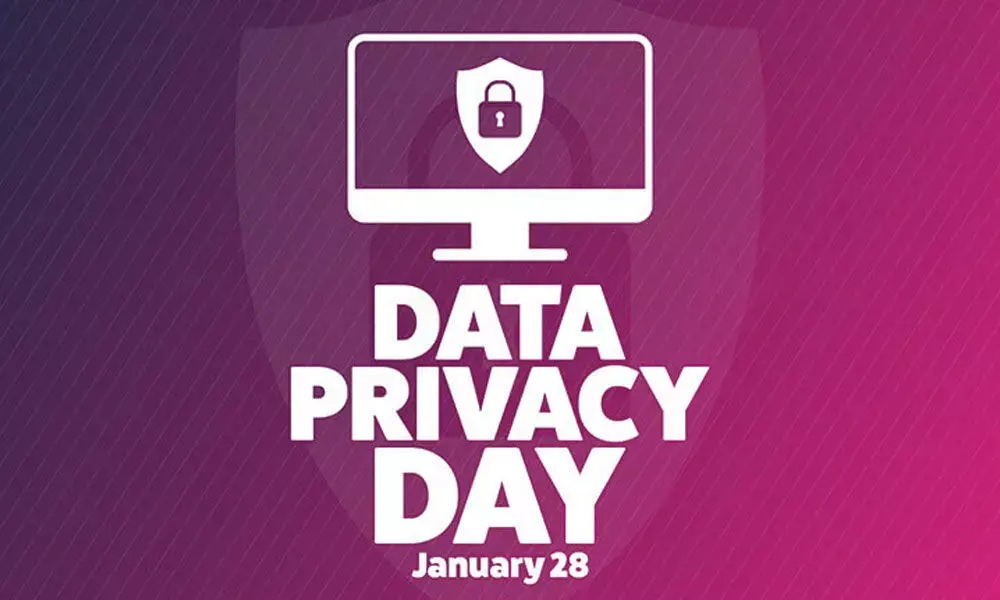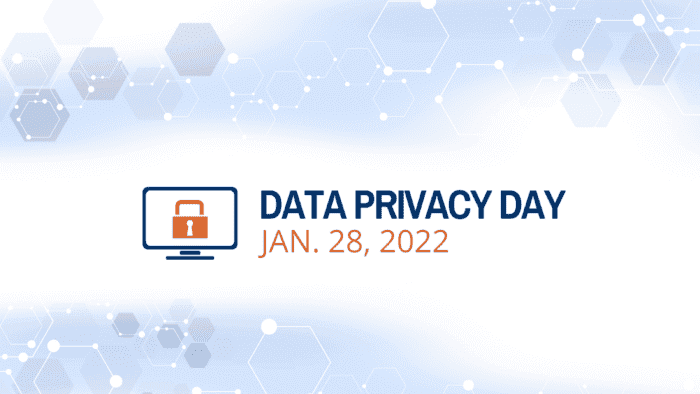Many people may not know that today is a special day in the technology industry. For many years, today (January 28th) has been set aside for Data Privacy Day. In Europe, this day is known as Data Protection Day. It is a global event that is aimed at creating awareness of the risk associated with data leaks. It also aims to create awareness and promote privacy and data protection best practices. As of today 47 European countries, Nigeria, Canada, Isreal, and the United State observe this day.

As technological advancement continues to improve, data safety increasingly becomes a big issue. In the era of IoT that we are today, there are more entry points for data leaks. The more the interconnected device, the more the entry points for data leaks. The pandemic also created a situation that requires more internet connections using online platforms. This also makes data privacy a major concern and hit topic for discussion.
Thus, as a way of observing this day, we are discussing five possible ways of getting digital protection. While many people think that it is the sole responsibility of a manufacturer to protect their device, this is not the case. Users have a huge responsibility to play in data protection. Today is a day where everyone has to be reminded of their responsibilities to ensure that we create a privacy culture.
There are several malicious apps that are designed to target users and steal their data. The Bulli bai app incident is a heads up for everyone to fight against cybercrime. Let us now look at the top five ways of ensuring protection from data leaks and online frauds.
1. End-to-end encrypted backup:
Before now, users’ chat history can be as vulnerable as it gets. However, with the introduction of end-to-end encryption, we can now have a sigh of relief. Many online applications (messaging apps) like WhatsApp, Telegram, and others support end-to-end encryption. With this feature, no one apart from the sender and receiver can have access to the chat history. Even if a government makes an official request from the app, they can not provide the history of the chat.
When users enable the end-to-end encryption on WhatsApp, they can protect their chat backups on iCloud or Google Drive. However, this only works for the chat history between two users. It does not cover other data like name, phone number, and so on. In fact, WhatsApps recent privacy policy change shows that WhatsApp will share more of users’ information with its parent company, Meta.
Since users do not know the level of information it will be sharing with Meta, users kicked against this. However, this did not stop WhatsApp from implementing the policy. However, the EU has now given WhatsApp one month to provide a clear explanation of the new policy. According to the European Commission, users must know the exact information that WhatsApp will be sharing.
2. Two-Step verification
This feature is one of the most important features for many software. However, it is amazing that many people either have not activated this feature or do not even know about it. Unfortunately, most applications do not activate this feature by default. The two-step verification feature adds an extra security layer to the end-to-end encryption.
This feature allows users to receive a numerical code (PIN number) for verification before accessing the chat account. Thus, if someone is trying to access your account, they will be required to input the PIN number which will be sent by SMS to your smartphone. Since the fraudster does not have your smartphone, he cant access your account.
Please, on the user’s end, for no reason on earth should you share the PIN with anyone. For no reason. This is one way to ensure that your account remains safe. This is believed to benefit, especially, in case of SIM card being stolen or phone being compromised.
3. Fingerprint or Face ID lock
As a way of protecting smartphone users, many brands now make smartphones with fingerprint sensors or Face ID, or both. This adds an additional layer of protection to the smartphone in conjunction with the pin or pattern lock. With the ultrasonic fingerprint scanner or the Face ID feature, you don’t have to worry about your pin or pattern. You do not have to be worried about prying eyes when opening your device. This keeps the data of users very safe and difficult to access.
4. Disappearing messages
In recent times, a new feature that most messenger apps are including is Disappearing Messages. The likes of WhatsApp, Instagram, and Snapchat already have this feature. This feature allows messages to disappear after a single view or after a time frame. When users activate this feature, a prompt will be sent to the individual or group. The messages will disappear after seven days but if the “view once” feature is active, it will disappear as soon as the recipient receives and reads the message. In addition, Telegram allows self-destructing messages that leave no trace even on its servers.
To make disappearing messages more interesting, Facebook Messenger introduced a new feature. This feature allows a user to receive a prompt once another user screenshots their disappearing messages. Thus, if the disappearing messages feature is active on your device, you will know if the recipient is screenshotting the messages.
5. Forward messages
There are some messaging applications that allow users to forward infinite messages to their contact. Many of these messages are fake information and are even malicious sometimes. Thus, it is better to stay off these messages. There are applications that allow a user to bar forwarded messages from hitting their account.
Above are some measures that users can take to protect their data. Regarding the Data Privacy day, here is what Wikipedia has to say
“The day was initiated by the Council of Europe to be first held in 2007 as the European Data Protection Day. Two years later, on 26 January 2009, the United States House of Representatives passed House Resolution HR 31 by a vote of 402–0, declaring 28 January National Data Privacy Day. On 28 January 2009, the Senate passed Senate Resolution 25 also recognizing 28 January 2009 as National Data Privacy Day. The United States Senate also recognized Data Privacy Day in 2010 and 2011″.

